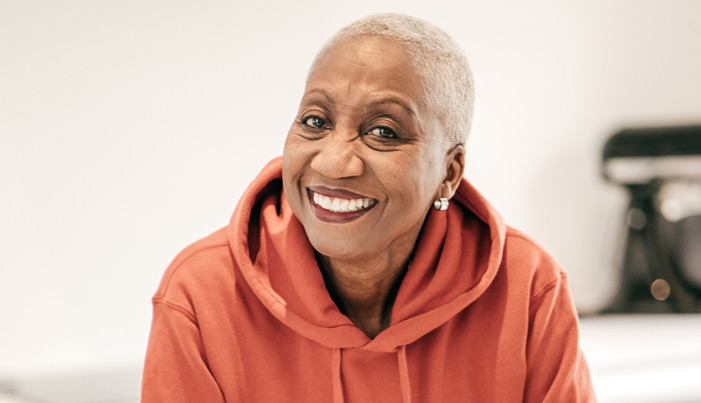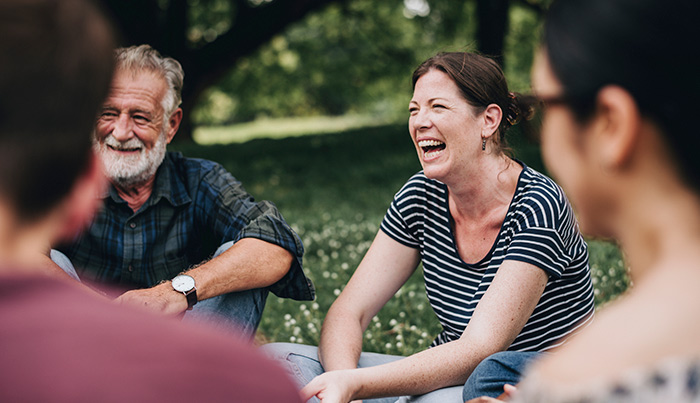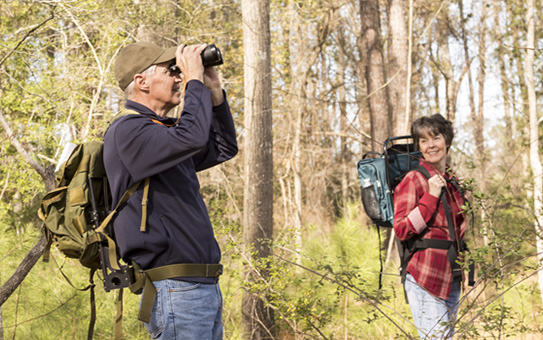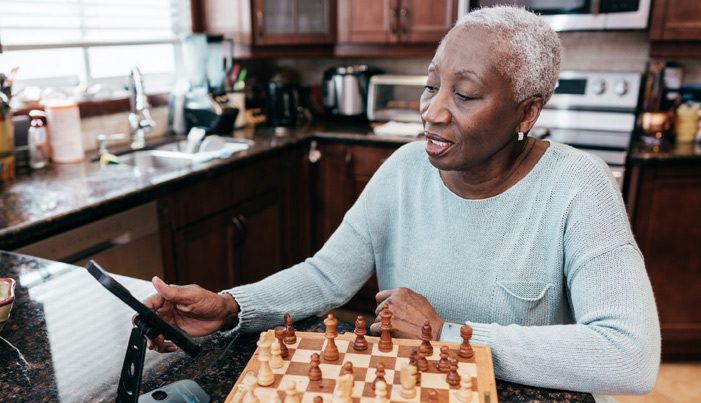Social isolation can happen for a variety of reasons. Your grown children and grandchildren may live far away. A job change or retirement may mean no longer having daily contact with co-workers. Injury or poor health may be keeping you on the sidelines.
Not sure if you’re experiencing social isolation? Connect2Affect offers a quick assessment you can take to find out if you are at risk.
Isolation is more than being alone — it’s being detached physically or psychologically or feeling disconnected from friends and family, something two thirds of adults experienced during the COVID-19 pandemic.
Research consistently shows having social connections can help you experience fewer mental and physical health issues as you grow older. Not only does talking with others keep your brain sharp, relationships can give you a sense of belonging that makes a lasting impact on the quality of your life.
Knowing where to start can be the hardest part of any lifestyle change, especially if you feel disconnected from the world around you.
To help strengthen your social skills, we’ve rounded up eight ways you can get the know-how and confidence to keep reaching out and building connections. You can do it — here’s how!

Start Journaling
Writing down your thoughts and feelings can improve both your mental and physical health, plus help you understand relationships better. Get tips for making this beneficial practice part of your routine.

Explore What Friendship Means to You
Widening your social circle starts with understanding what you really need from a friend. Look for people with these important qualities to help you determine the kinds of friends you’d like in your life.

Be An Active Listener
If engaging in conversation stresses you out, sharpening your active listening skills may be just what you need to gain confidence. Learn how to use these techniques to improve your communication.

Keep Conversation Starters in Mind
Sometimes the hardest part of reaching out is knowing what to say. Use these helpful questions and topics to keep conversations flowing when you’re making an effort to connect with others.

Reinforce Your Active Listening Skills
With a bit of practice, active listening can help you feel more at ease during conversations. See which skills you may need to focus on as you continue to build and deepen social connections.

Meet New People
Human beings love routines, but sometimes, a routine can turn into a rut. Trying a new hobby or volunteering can lead to more chances to develop friendships.

Activities for Reconnecting With Your Loved Ones
Catching up with old friends or family you haven’t seen for a while can be a real mood lifter. What’s more, rekindling old relationships is a great way to widen your social circle.

Bounce Back from Disappointments
“Putting yourself out there” can make you feel more vulnerable, so you may feel easily frustrated when social situations don’t go as you’d hoped. Here’s how you can recover.

